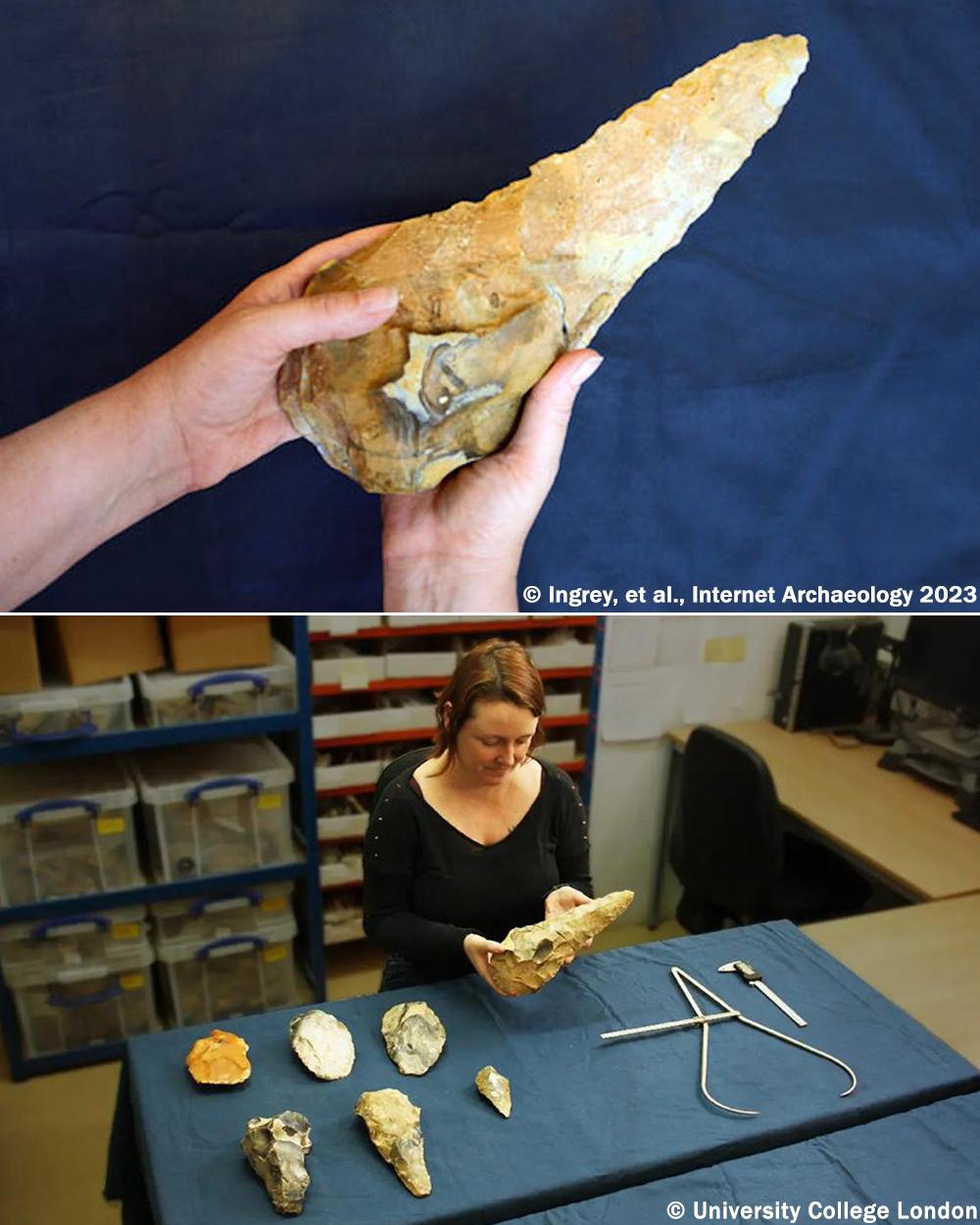Cats, those enigmatic and charming creatures that have shared our homes for thousands of years, are truly fascinating beings. From their graceful agility to their mysterious behaviors, there's always something new to discover about our feline friends. One of the intriguing aspects of cats is their unique taste preferences. Unlike humans and many other mammals, cats are believed to be the only mammals that don't have a taste for sweetness. In this blog post, we will delve into the world of feline taste buds and explore the reasons behind this curious phenomenon.
1. The Evolutionary Perspective:
To understand why cats don't crave sweetness, we must first look at their evolutionary history. Cats are obligate carnivores, which means their diet primarily consists of meat. Throughout their evolution, cats developed taste preferences that align with their dietary needs. Unlike humans who needed to identify sweet-tasting fruits and plants for survival, cats thrived on a diet rich in protein and fat. As a result, their taste receptors evolved to prioritize the detection of amino acids and fats found in animal tissues, making sweetness less relevant to their survival.

2. Taste Buds and Genetics:
Cats, like all mammals, have taste buds that allow them to detect various flavors. However, their taste buds are different from those of humans. The key to sweetness detection lies in taste receptors known as "T1R2" and "T1R3," which form a receptor complex responsible for identifying sugars. In cats, these receptors have undergone genetic changes over time, rendering them less responsive to sweet tastes. This genetic adaptation further supports the idea that sweetness simply isn't a significant part of a cat's culinary world.

3. Practical Implications:
The fact that cats don't have a sweet tooth has practical implications for pet owners. Unlike dogs, who may be tempted by sugary treats, cats are less likely to be enticed by sweet snacks. While this may be a relief for those concerned about their cat's sugar intake, it also means that feline taste preferences are more aligned with their natural diet. Offering your cat a balanced diet that mimics their ancestral eating habits is crucial for their health and well-being.

4. Cats and the Hunt:
Cats are natural hunters, and their prey consists mainly of small mammals and birds. In the wild, the sweetness of fruits and plants would have held little relevance to their dietary needs. Cats rely on their keen sense of smell and taste to identify the freshness and quality of their prey, focusing on the scent and flavor of meat. This instinctual preference for meat over sweetness is deeply ingrained in their biology.

5. The Enigma of Individual Variation:
While it's generally accepted that cats as a species don't have a sweet tooth, there can be individual variation. Some cats may show a mild interest in sweet flavors, while others remain indifferent. This variation could be attributed to genetic diversity among individual cats. Just as not all humans share the same taste preferences, not all cats may react the same way to sweetness.

In conclusion, the absence of a sweet tooth in cats is a fascinating aspect of their biology that can be traced back to their evolutionary history and genetics. Their preference for a diet rich in protein and fat, coupled with genetic adaptations, has made sweetness less appealing to them. As responsible pet owners, it's essential to recognize and respect our cats' natural taste preferences by offering them a diet that aligns with their carnivorous instincts. So, while your feline friend may not join you in savoring a sweet treat, they will continue to captivate us with their unique and intriguing behaviors.










